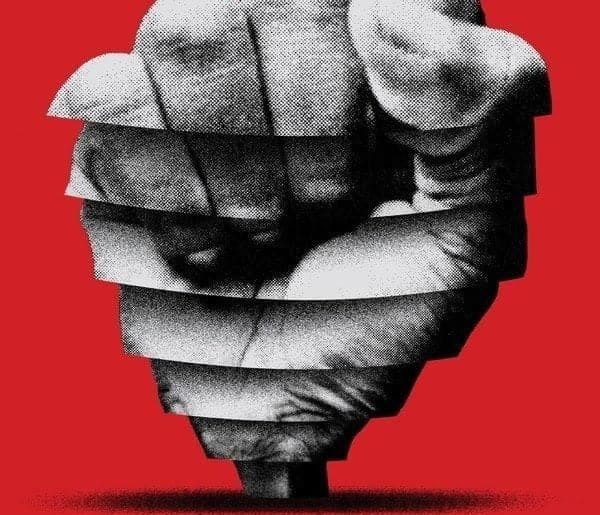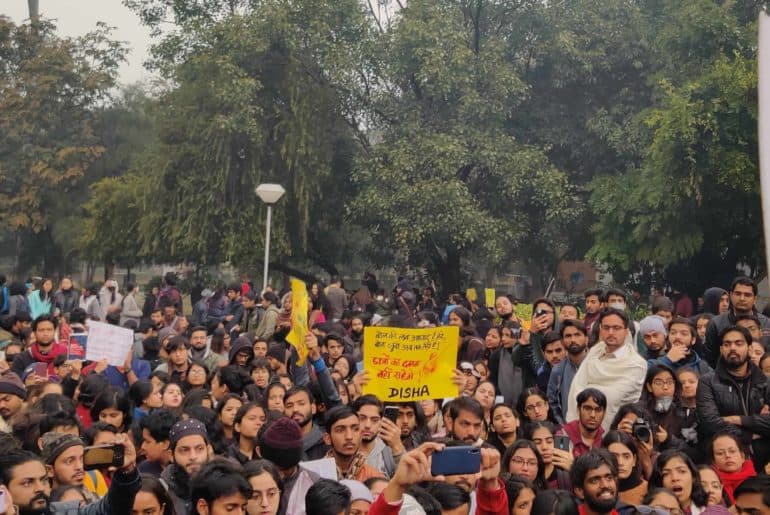The National Green Tribunal has ordered a halt and a status quo on the construction of the housing complex being built adjacent to the University Campus.
As on 13th January, the National Green Tribunal (NGT) has ordered a status quo on the construction of the housing complex being built adjacent to the Delhi University’s (DU’s) North Campus. A Bench headed by Adarsh Kumar Goel, the NGT Chairperson Justice, has said that an evaluation of relevant data is required by a Joint Committee comprising representatives of the Central Pollution Control Board (CPCB), Ministry of Environment and Forests, and Indian Institute of Technology Delhi, in regards to the “Precautionary Principle” of Environmental Law, which requires that, if there is a strong suspicion that a certain activity may have environmentally harmful consequences, it is better to control that activity now rather than to wait for incontrovertible scientific evidence.
“The Committee may also undertake carrying capacity study of the area with reference to the project in question-based on the relevant data. The study may be completed preferably within two months,” the Bench said.
This statement by the tribunal comes after a hearing of the plea by DU challenging the environmental clearance granted to the construction of the housing project by Young Builders (P) Ltd. in North Delhi, and CPCB will be acting as the nodal agency for coordination and compliance.
The plea argued the order of the State Environment Impact Assessment Authority (SEIAA) granting Environmental Clearance (EC) for the housing complex located at 1 and 3 Cavalry Lane and 4 Chhatra Marg at Civil Lines in Delhi. It was filed and challenged through advocates Sanjay Upadhyay and Salik Shafique and claimed that the EC could not be granted by the SEIAAbecause it is within 10 km from Critically Polluted Area- Najafgarh, Naraina, Wazirpur and Anand Parbat are critically polluted areas. The EC can, therefore, be granted by the Ministry of Environment and Forests but not by the SEIAA. The project is also in the Silence Zone, being within 100 m from Delhi University and Patel Chest Institute, and also in the water scarcity zone with the Sulphate content of groundwater being above the specified limit.
“As per the project proponent’s own report, the project is susceptible to subsidence and liquefaction during a major earthquake. A geotechnicalinvestigation needs to be carried out which has not been done. Traffic plans/congestion filed by the project proponent with the application is based on the statistics of July 2011,” the plea said.
Several protests- backed by student-led parties and activist groups, as well as the Delhi University Teachers Association (DUTA)- have been protesting against the construction of the high-rise in the University’s North Campus.
Feature Image Credits: DU Beat Archives
Shreya Juyal












